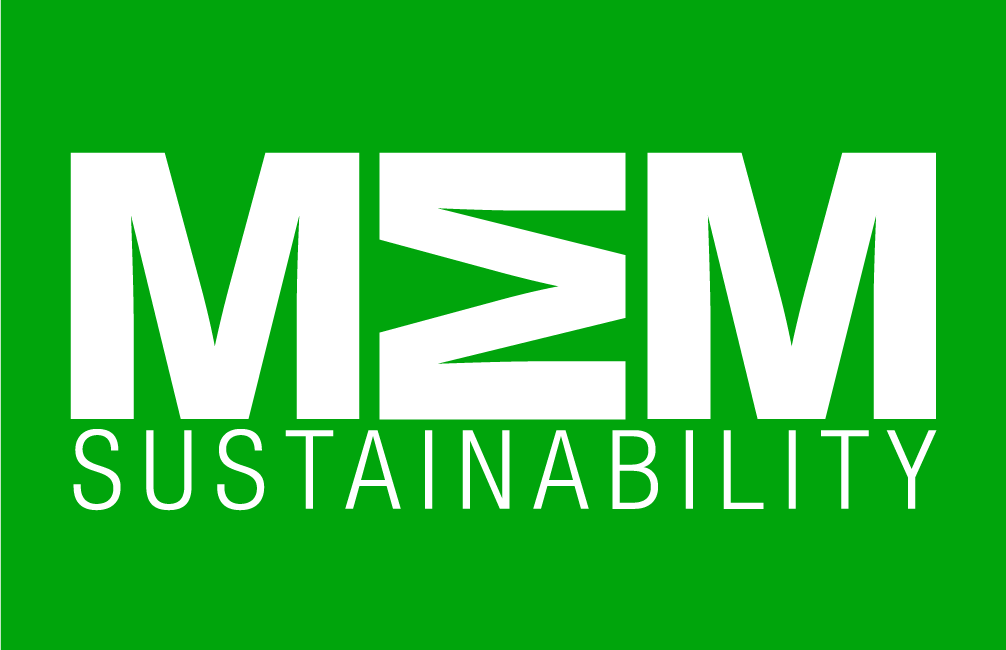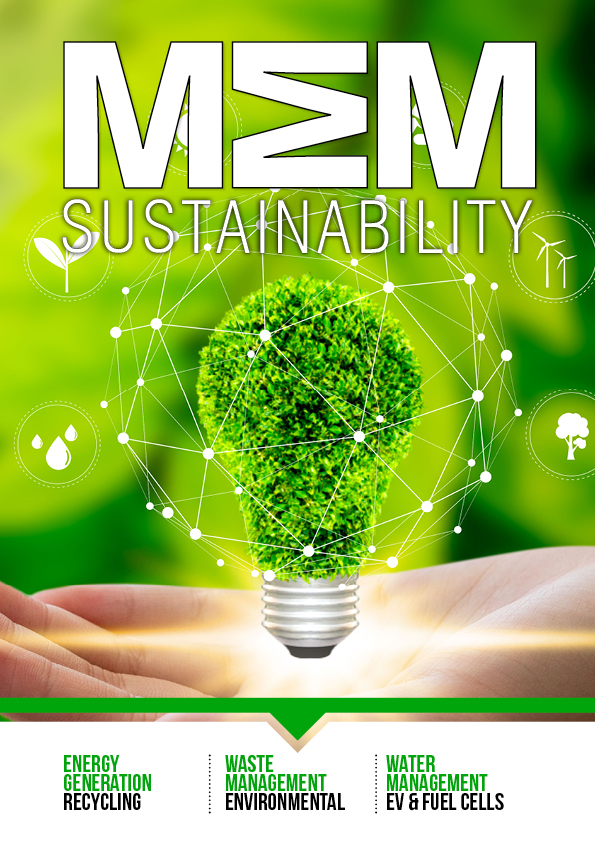Research Aims to Cut Carbon Emissions and Save Money : A world-first research project to develop a new way of recovering waste heat from industry and decarbonise heating and cooling through new hydrogen technologies, has been launched by a team led by London South Bank University (LSBU). The project will investigate new ways of providing heating and cooling from energy intensive industries including steel, glass, paper and food etc.
The new approach to recover waste heat using hydrogen technology offers three major benefits:
- Huge cost and energy savings – about 60% of total waste heat produced in the UK by industry (~48 TWh/yr) could potentially be reused in district networks. That provides a major opportunity for industries to save money and energy.
- Significant carbon emission reductions from using new hydrogen technology.
- Higher energy and cost savings than renewable energy due to lower cost from limited heat recovery facilities and larger temperature ranges from 40°C to 1650°C.
The new hydrogen technologies which will be studied include:
- Chemical heat pumps to recover waste heat at various grades.
- Long-distance transport networks to transfer recovered energy more efficiently.
- Advanced heating and cooling systems.
The principal investigator is Professor Yunting Ge, LSBU Professor of Building Services Engineering, working with two UK academic partners. The Engineering and Physical Sciences Research Council (EPSRC) are providing £979,290 funding for the three-year project, launched in January 2021.
“Waste heat recovery from industry can contribute significantly to cutting carbon emissions by decarbonising heating and cooling systems. Our study will investigate new ways that industry can reuse waste heat and convert it for use in heating and cooling. About 60% of total waste heat produced in the UK by industry could potentially be reused,” said Professor Yunting Ge, LSBU Professor of Building Services Engineering.
“We will be testing the potential of new hydrogen technology to tackle the huge environmental problems and financial costs caused by wasted heat. Our research offers the chance to cut carbon emissions and pollution, cut costs for business and create new jobs. This waste heat recovery project is another example of the international lead that LSBU is taking to clean our environment and create a more sustainable planet through world-first research.”
Manufacturing & Engineering Magazine | The Home of Manufacturing Industry News















